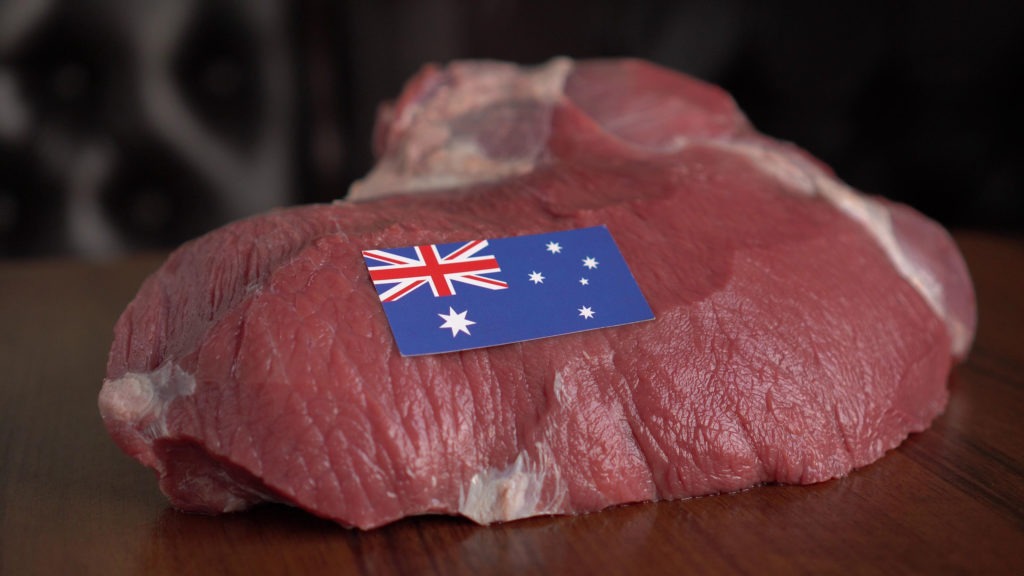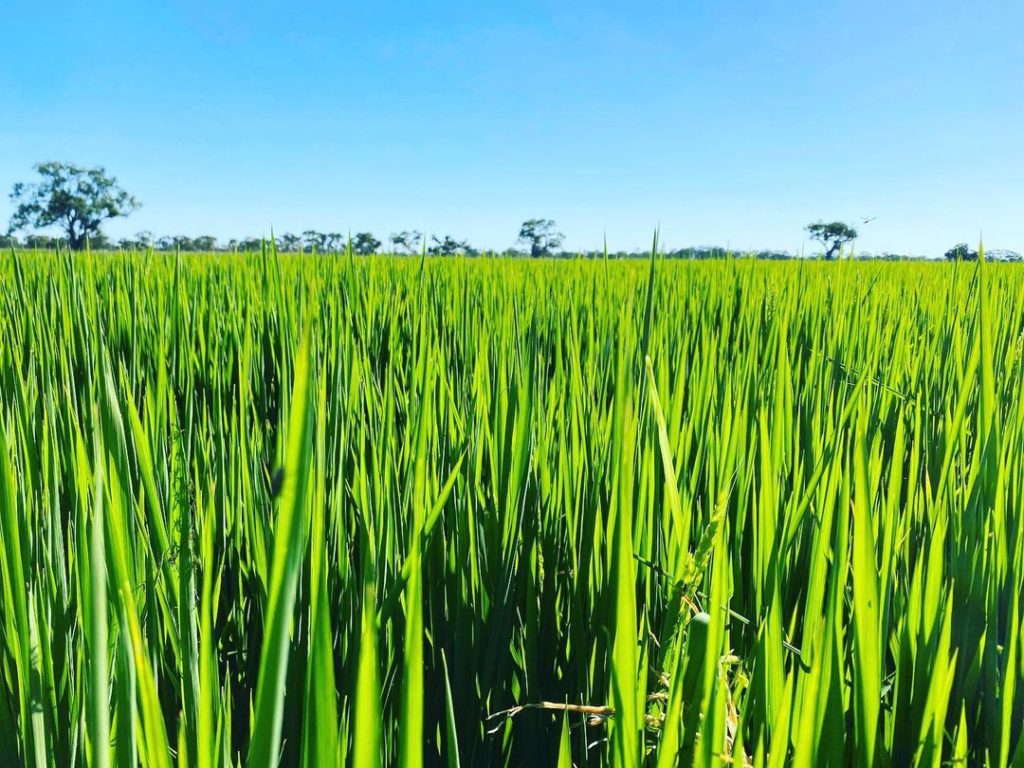Australia-UK FTA a boost to farmers
Australian farmers are applauding the free trade agreement (FTA) between Australia and the UK. This is the first trade agreement the UK has reached since Brexit. The agreement will guarantee tariff and quota-free access to the UK market for all agricultural products after phase-in periods of up to 15 years. National Farmers’ Federation (NFF) President Fiona Simson calls the Australia-UK FTA a significant leap forward in our market access. It heralds a new beginning for the relationship between two countries with a long history.
“Australian and UK farmers share a commitment to meeting the highest standards when it comes to caring for their land and their livestock,” she says. “That commitment shows in the quality of our produce. UK customers will benefit from the increased availability of high-quality Australian products on their supermarket shelves, alongside their homegrown options. The UK FTA will create new opportunities for Australian farmers.”
Specific outcomes relevant to agriculture include the elimination of beef and sheep meat tariffs after 10 years. Tariffs on sugar will be eliminated in eight years. Tariffs on dairy will end in five years. During the transition period, Australia will have immediate access to duty-free quotas that will increase each year. Rice will receive immediate duty-free access for short and medium grain milled rice when the agreement enters in force.

“Momentous outcome”
The Australian Meat Industry Council (AMIC) and its members have been providing advice and consultation throughout the deal’s process. AMIC CEO Patrick Hutchinson has called the new deal a “momentous outcome”.
“At a time when processing and the export industry has been grappling with workforce issues, record-high livestock prices and the COVID-19 pandemic, this is a great opportunity for the Australian red meat industry to further develop and deliver into the future,” he says.
Andrew McDonald, Chair of the Australia-UK Red Meat Market Access Taskforce, says that the UK and Australia have a long, shared commercial history.
“In the 1950s, the UK was one of Australia’s steadfast export customers,” he says. “A lot has changed since then, and we have responded to strong demand in markets closer to home.
“Our ability to service the UK market has previously been constrained by a highly restrictive UK [and prior to 2021, European Union] import regime. The Australia-UK FTA will facilitate an easier response to UK consumers seeking to ‘buy Aussie’.”

Opportunities for rice growers
The Ricegrowers Association of Australia (RGA) is “very pleased” with the Australia-UK FTA. As one of the world’s most important basic food staples, rice is critical to the security of many nations. Internationally, it is one of the most protected agricultural commodities. The Australian rice industry must compete against heavily subsidised foreign products. Rice has also been omitted from Australian FTA negotiations on numerous occasions.
“This will see Australian farmers receive a significant boost through greater access to the UK market,” the RGA said in a statement. “A strong Australian rice industry delivers up to $400 million to our economy. It is integral to the survival of many rural communities.”
One downside is the proposed removal of the regional work requirement for UK backpackers to extend their stay in Australia. Due to these changes, the NFF has cautioned the government that it cannot delay action on agriculture visas any longer.
“Given the acute labour shortfalls already wreaking havoc across our industry, any good work achieved by the in-principle agreement on trade will be undone if the government continues to delay the implementation of a dedicated agriculture visa,” Simson says. “Taking away a source of farm labour now could be a devastating blow for Australian farmers, in an environment of existing shortage.”









